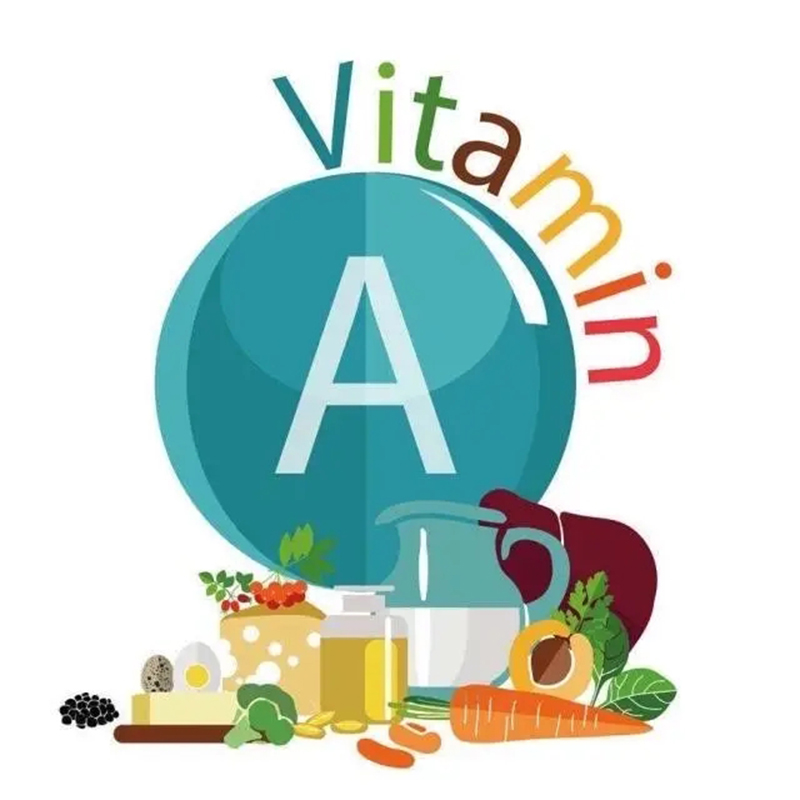In humans, lutein, zeaxanthin, and meso-zeaxanthin’s most important functions is as the pigment of the macula lutea, the yellow spot centered on the fovea. The macular pigment carotenoids (MP), lutein, zeaxanthin, and meso-zeaxanthin are widely recommended as dietary supplements for the prevention of visual loss from age-related macular degeneration (AMD) and other ocular diseases.
Lutein and zeaxanthin must be obtained from dietary sources such as green leafy vegetables and orange and yellow fruits and vegetables,, while meso-zeaxanthin is rarely found in diet and is believed to be formed at the macula by metabolic transformations of ingested carotenoids.
How Do They Help?
Lutein and zeaxanthin can help protect your eyes from harmful high-energy light waves like ultraviolet rays in sunlight. Studies suggest that a high level of both in eye tissue is linked with better vision, especially in dim light or where glare is a problem.
Note: Many studies combine these two nutrients with others such as vitamins C and E. It may be that the mix of nutrients does more for your eyes than any single one of them.
Recommended daily allowance: No RDA has been set for either nutrient.
Recommended level for eye health: 10 mg/day for lutein and 2 mg/day for zeaxanthin.
Safe upper limit: Researchers have not set an upper limit for either.
Potential risks: In excess, they may turn your skin slightly yellow. Research seems to show that up to 20 mg of lutein daily is safe.
 Vitamin A For Your Eye Health
Vitamin A For Your Eye Health